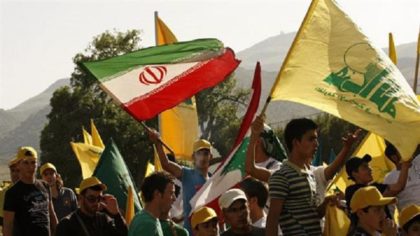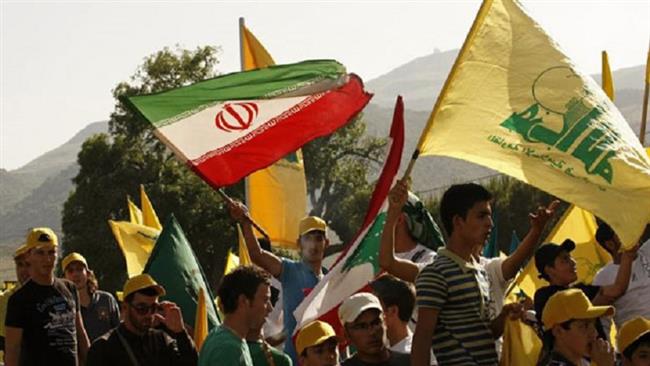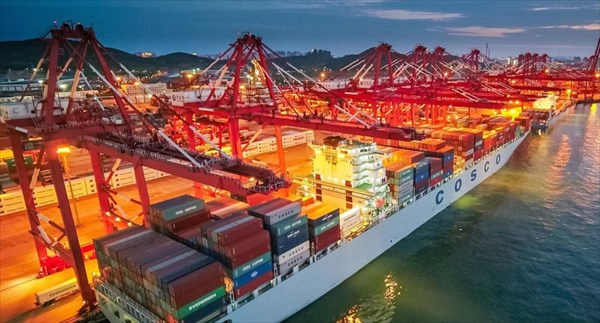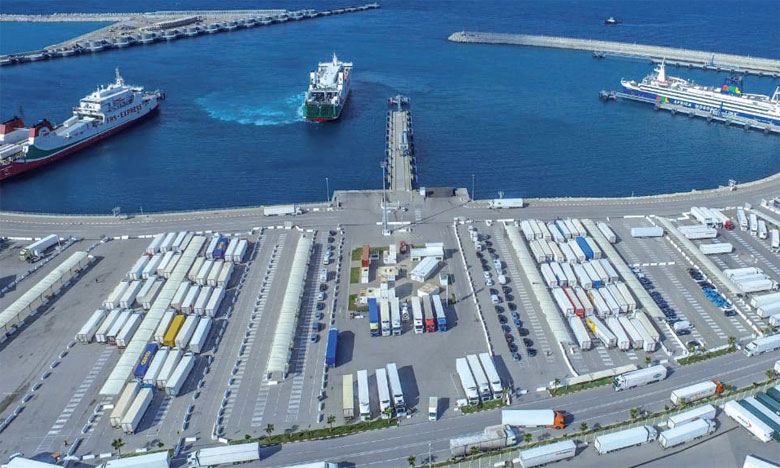 Morocco’s top diplomat has expressed his country’s concerns regarding Iran’s destabilizing operations in North Africa, saying that the North African Kingdom needs the Trump administration’s backing to block Tehran’s rise in the region.
Morocco’s top diplomat has expressed his country’s concerns regarding Iran’s destabilizing operations in North Africa, saying that the North African Kingdom needs the Trump administration’s backing to block Tehran’s rise in the region.
Nasser Bourita told Breitbart News that “Morocco …views the Trump administration’s determination to halt Iran’s efforts to become a hegemonic power in the Middle East, and over the Muslim world more broadly, with great enthusiasm and hope”.
Bourita made the interview in Bucharest during his latest tour to the Balkan region.
Rabat cut off ties with Tehran in 2009, and only renewed them in December 2016. The Kingdom cut relations off once again on May 1, 2018, in protest against the military support provided by the Iranian-backed Hezbollah group to the Polisario separatists, armed, funded and sheltered by the Algerian regime.
Asked by Breitbart News why Morocco cut off ties with Iran in 2009, Bourita said, “Iran would like to be in North Africa. They tried to develop a presence in Morocco. Today they are repeating the efforts in other North African countries. They attracted some of our youth by giving them scholarships.”
“We used to have an Iranian cultural attaché in Rabat who has visited the small cities of Morocco making what he was calling book festivals. He was giving books. He was present in every small city,” Bourita added.
“We were asking ourselves why he has to promote the books of Iran there? And we noticed he was giving scholarships. We went from 10 people to 120 people [a year] who were given scholarships to study in Qom. From 2009 to 2016 we had no relations with Iran because of what they were doing with the scholarships”, explained the Moroccan Foreign Minister.
The Moroccan government viewed Iran’s missionary work among its youth as a means to undermine government authority by indoctrinating young Moroccans to reject the moderate Sunni Islam practiced in Morocco in favor of the radical Shia Islam of the Iranian regime, said Bourita.
The Iranians “are targeting our diaspora in Europe, in Belgium in particular. There, because of the hesitation of Europe to manage Islam, they were left to themselves”, he added.
According to Breitbart News, Iran stepped up in 2016 its offensive operations both in the Middle East and worldwide. One of the hubs of its new efforts was North Africa. Specifically, in November 2016, both through its Lebanese Hezbollah foreign legion and through its diplomatic networks, Iran began sponsoring the Polisario. These operations were massively increased last year.
In March 2017, Morocco arrested Hezbollah financial kingpin Kasseem Tajideen in response to an Interpol arrest warrant issued by the organization’s Washington, DC, office. The Moroccans extradited Tajideen to the United States in May.
The U.S. Treasury Department had designated Tajideen as a global terrorist in 2009 due to his financial operations on behalf of Hezbollah. Those operations involve massive laundering of funds to Hezbollah through front companies in West Africa.
Bourita told Breitbart News that the Iranian proxy’s operations are far from limited to terrorist and military efforts. In North and West Africa, Hezbollah runs massive financial operations on behalf of Iran. These serve as a means to finance Iran’s global operations, warned the Moroccan Foreign Minister.



